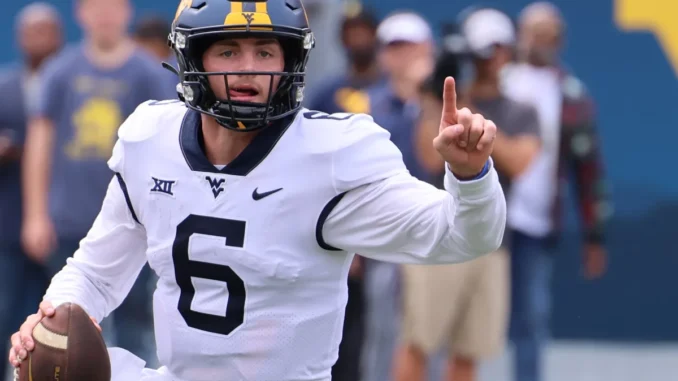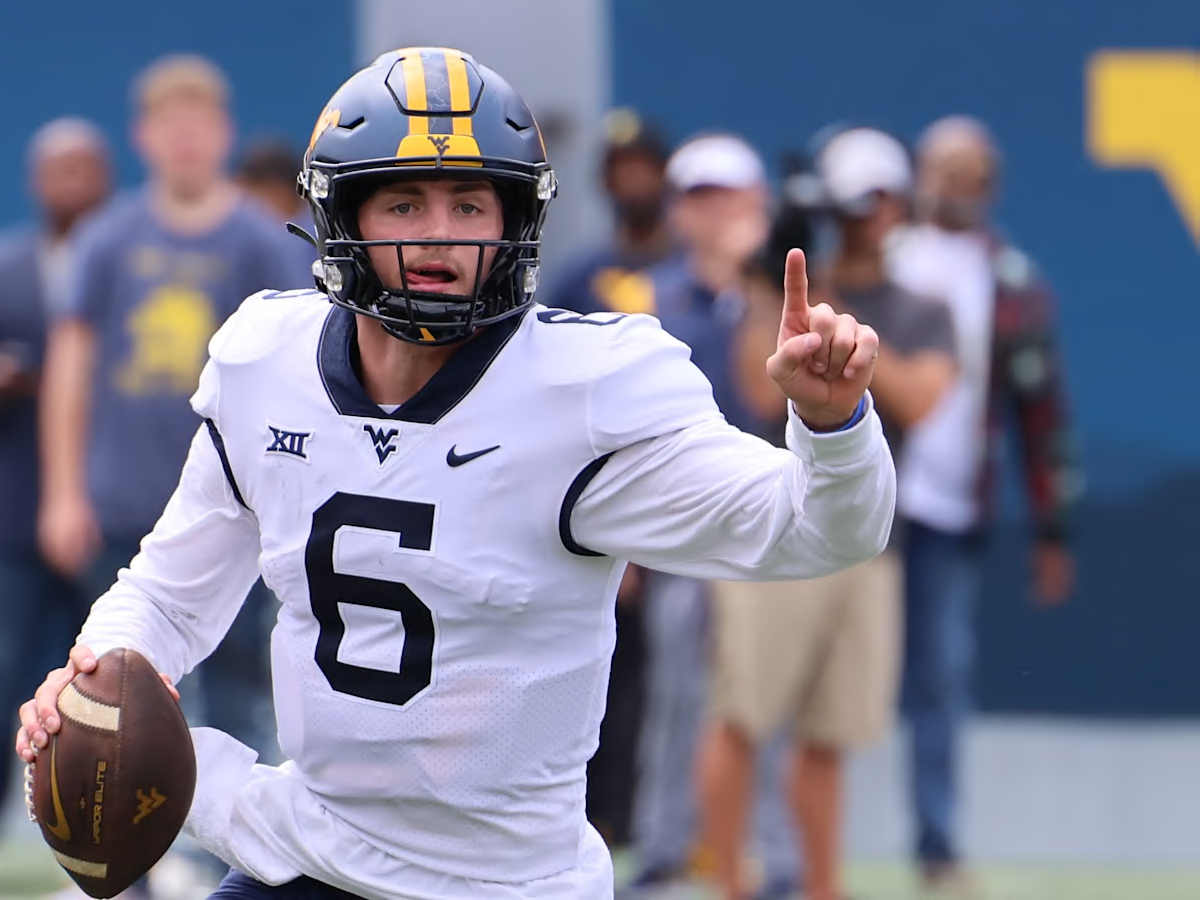
Garrett Greene, the star quarterback for West Virginia University (WVU), has become a focal point of attention and speculation in college football circles. Known for his dynamic play and leadership on the field, Greene’s potential departure has stirred significant debate. Recent reports suggest that Greene is considering transferring to a rival team if his demands are not met by WVU. This development is raising questions about his future and the implications for both his current team and potential new destinations.

Garrett Greene’s impressive performances over the past seasons have solidified his reputation as one of the top quarterbacks in the college football landscape. His ability to make plays both in the air and on the ground has made him a valuable asset for WVU. However, the uncertainty surrounding his future has created a sense of urgency within the program. Sources indicate that Greene has outlined specific demands related to his role, compensation, and support, which he believes are crucial for his continued commitment to the Mountaineers.
The demands reportedly include enhanced resources for training and recovery, increased support from coaching staff, and possibly an improved NIL (Name, Image, Likeness) deal. The rise of NIL agreements has dramatically altered the landscape of college athletics, giving players more leverage in negotiating their terms. Greene’s situation is a prime example of how these agreements are reshaping team dynamics and player expectations.
WVU’s administration and coaching staff are now faced with a critical decision. The potential loss of Greene to a rival team would not only impact their on-field performance but also affect the team’s recruitment and overall morale. Rival schools, aware of Greene’s talent and the current uncertainties at WVU, may be positioning themselves to make a compelling offer. This adds a layer of strategic complexity to the situation, as WVU must balance retaining a star player with addressing his demands.
For Greene, the decision to potentially switch teams underscores his belief in the importance of aligning with an organization that fully supports his ambitions and needs. It reflects a broader trend in college sports where players are increasingly assertive about their conditions and career paths. Whether WVU will meet Greene’s demands or whether he will ultimately choose to transfer remains to be seen. In any case, this situation highlights the evolving nature of college athletics and the growing influence of player agency in shaping team dynamics and competitive landscapes.
Leave a Reply